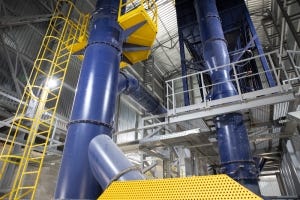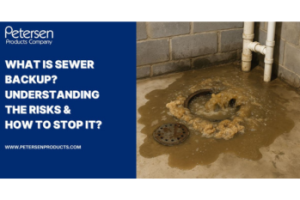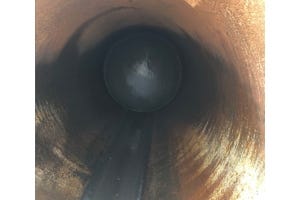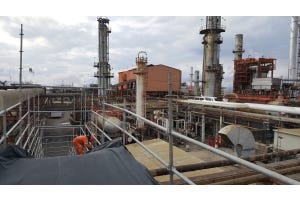3 Different Materials Used for Pipe Plugs


Which pipe plug is right for your pipeline and project? Always purchase the right products with this guide to the different pipe plug materials.
There are a few considerations to make when you purchase plugs, fittings, and other products for your pipelines. After all, you need to ensure the product is a reliable fit for the pressure, temperature, and product requirements of that specific pipeline system. One of the most important considerations to make when purchasing pipe plugs is the material type. The pipe plug’s material affects how well it holds up over time and against the pressure and temperature within the pipe. Additionally, you need to consider how compatible the plug material is with the product that runs through the pipeline. Make the right decision for your products and pipeline by learning more about these different materials used for pipe plugs .
ABS
ABS, or acrylonitrile butadiene styrene, is a thermoplastic resin that developers created specifically for oil, gas, and chemical operations. Many mechanical pipe plugs use ABS as a reinforcing material due to its high impact resistance. ABS plugs are resistant to mechanical damage, even in colder temperatures that might make other materials brittle and weak. Additionally, ABS is lighter than metal materials, making ABS plugs easier to work with and often less expensive than their metal-based counterparts.
Brass
Brass is another popular choice among the different pipe plug materials. This is partly due to its immense durability. Brass is an optimal choice for heavy-duty usage and can stay in good condition for years. It doesn’t disintegrate or crack over time. Furthermore, brass is resistant to rust and other forms of corrosion. Brass also holds up well against extreme temperatures, making it a popular choice for pipes that handle products at high temperatures.
Fabric
Depending on the application, fabric plugs can made from nitrile reinforced ballistic nylon, Kevlar, canvas or other materials. These plugs are highly advantageous in projects where cost, flexibility and speed are priority. The nitrile reinforced ballistic nylon is puncture resistant and synthetic for durability. For unique or specific chemical or temperature requirements, other materials can be used. The fabric plugs are well suited for high expansion applications, have a small deflated diameter that enables flexibility in navigating small openings, and require only a small storage area when not in use.
If you’re looking for the best pipe plugs and other pipeline accessories on the market, contact Petersen Products. We have the range of materials, sizes, and other variations you need to find the perfect product for the job.
Disclaimer: The information may be used but with no warranty or liability. This information is believed to be correct but should always be double checked with alternative sources. Strictly adhere to and follow all applicable national and local regulations and practices.
Regardless of these comments, it is always necessary to read and understand manufactures instructions and local regulations prior to using any item.












